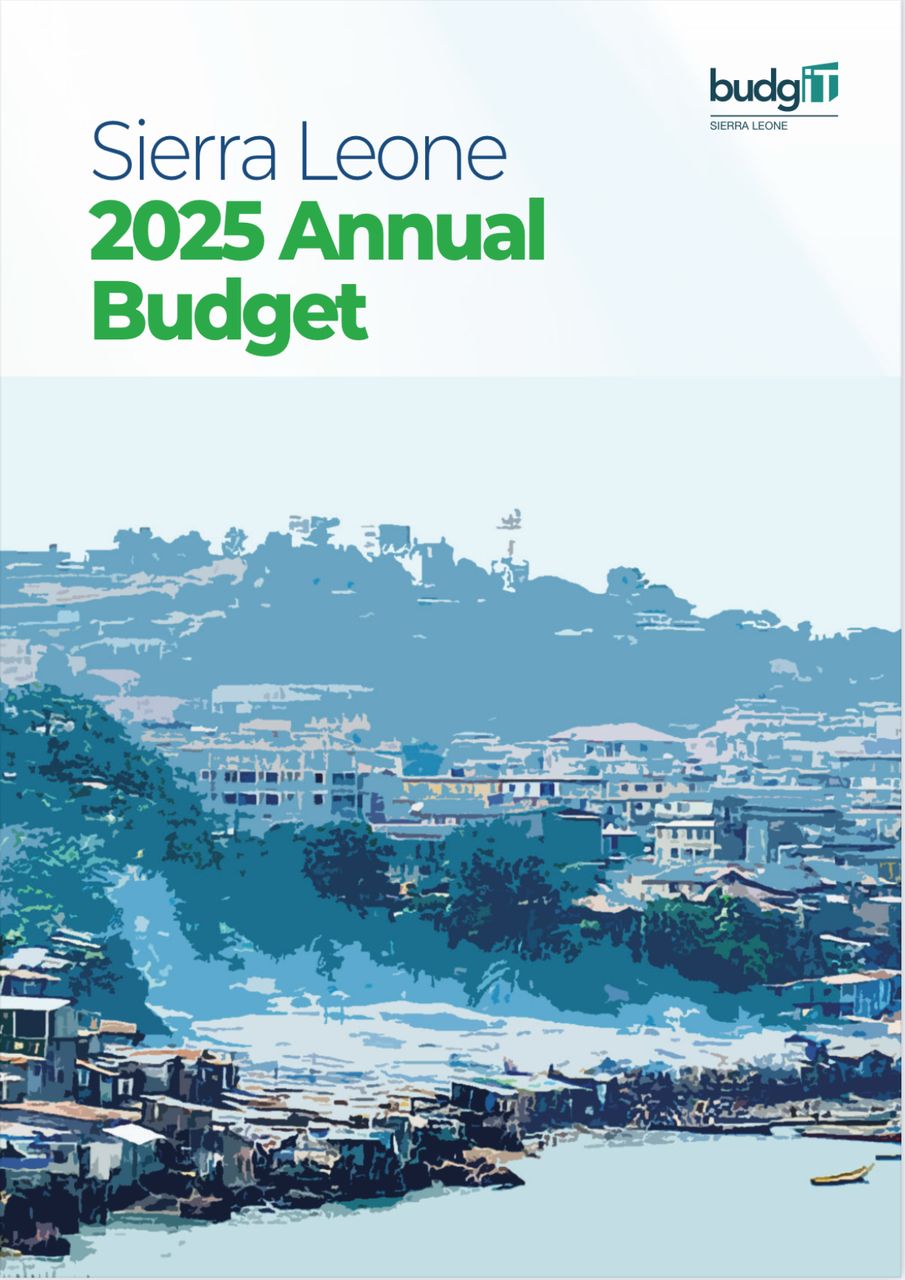The Government of Sierra Leone has recently recorded a significant drop in the cost of borrowing through Treasury Bills (T-Bills). Interest rates on 364-day T-Bills have fallen from 41.3% at the close of 2024 to 14.8% in June 2025 (Bank of Sierra Leone, 2025). On paper, this appears to be a big win because it means that the government spends less on interest payments, easing the fiscal pressure of borrowing.
However, for the ordinary Sierra Leonean, the relief promised by these lower rates remains far out of reach.
Why Citizens Still Don’t Feel the Relief
- Debt Payments Still Consume Half of Revenue
Even with lower T-Bill rates, 50% of domestic revenue is swallowed by debt service. This leaves fewer resources for schools, hospitals, salaries, roads, and other services that directly impact citizens. - Gains Go to Banks, Not People
T-Bills are primarily purchased by banks and large investors. While lower rates benefit the government and financial institutions, they rarely translate into cheaper loans or reduced costs for ordinary people. - Private Sector Crowding Out
When banks lend heavily to the government through T-Bills, less money is left for businesses and farmers. This starves the private sector of affordable credit, slowing down investment, jobs, and growth. - Rate Cuts Do Not Reduce Everyday Prices
The cost of rice, fuel, and transport remains high despite falling T-Bill rates. Salaries remain stagnant, and the relief citizens need is not reaching the markets where they struggle daily.
Quick Facts
- T-Bill 364-day rate:3% (Dec 2024) – 14.8% (June 2025)
- Domestic borrowing (Jan-June 2025): NLe 3.5 billion (NLe 2.4 billion from banks)
- Debt service: 50% of government revenue
- Direct citizen impact: Minimal – no effect on daily prices or wages
What Needs to Change
To ensure Sierra Leoneans benefit from the savings on Treasury Bills, the government must:
- Reinvest savings into public services and infrastructure that directly improve people’s lives.
- Expand access to low-interest loans for small businesses and farmers, creating jobs and boosting productivity.
- Ensure greater transparency in how T-Bill proceeds and debt savings are used.
- Align borrowing policy with social protection programs to ease the burden on households.
The fall in Treasury Bill rates is a financial success for the government, but it has not yet translated into relief for the average Sierra Leonean. Prices remain high, wages stagnant, and opportunities limited. To make this fiscal gain meaningful, savings from reduced interest costs must be linked to investments that improve education, healthcare, infrastructure, and livelihoods.
BudgIT Sierra Leone calls for policies that connect government borrowing decisions to the lived realities of citizens. Until then, cheaper borrowing for the state remains just numbers on paper, not food on the table.
